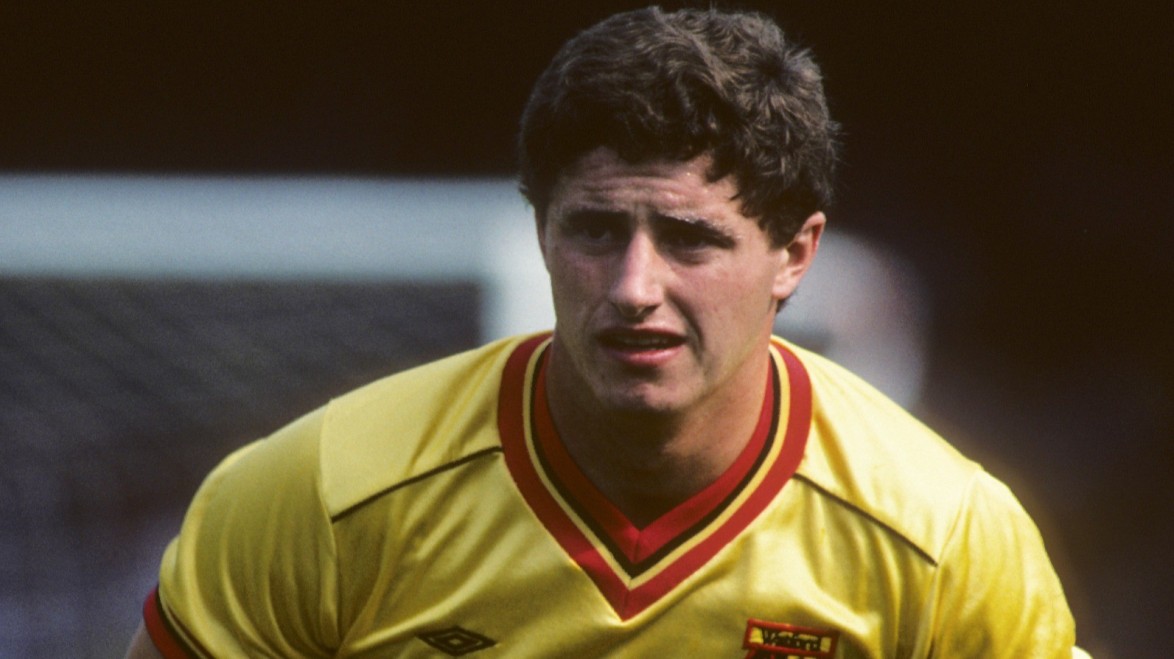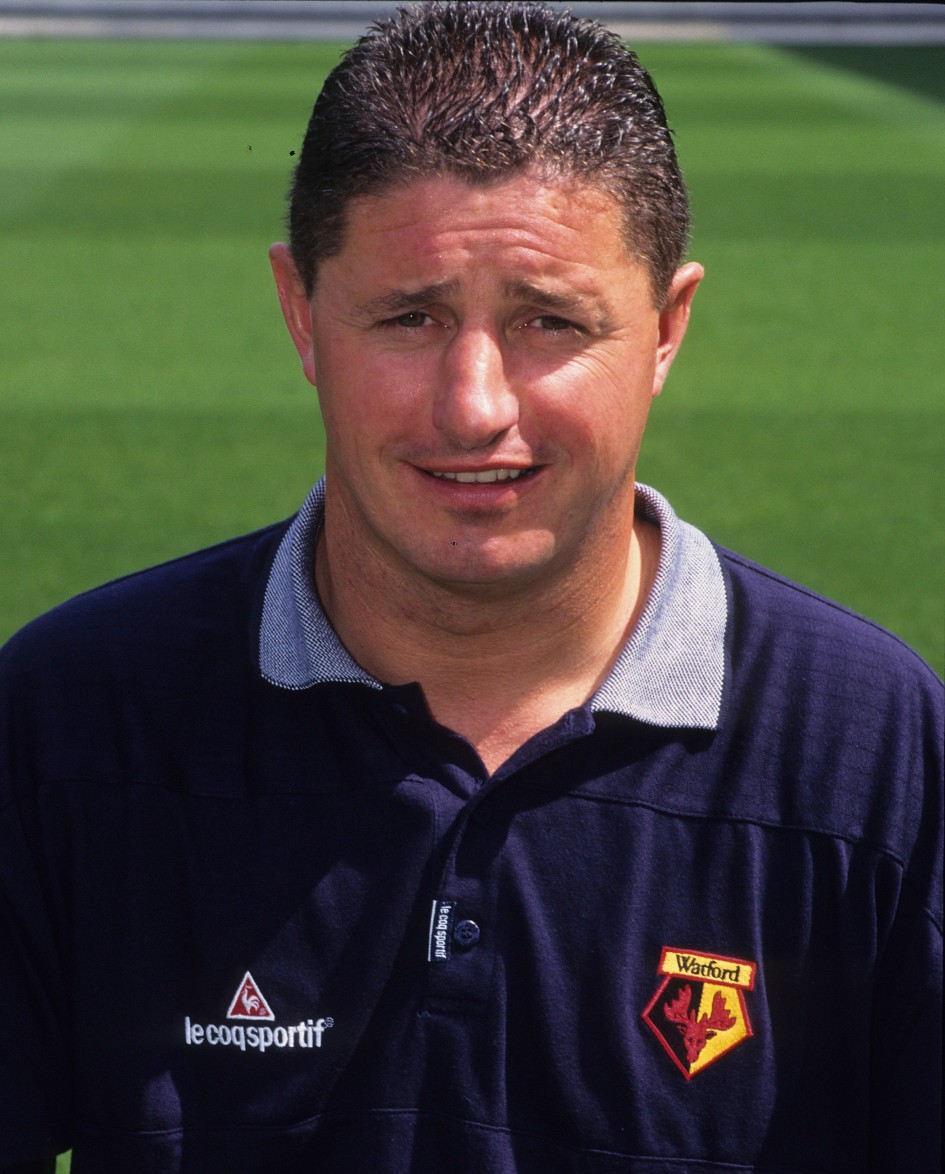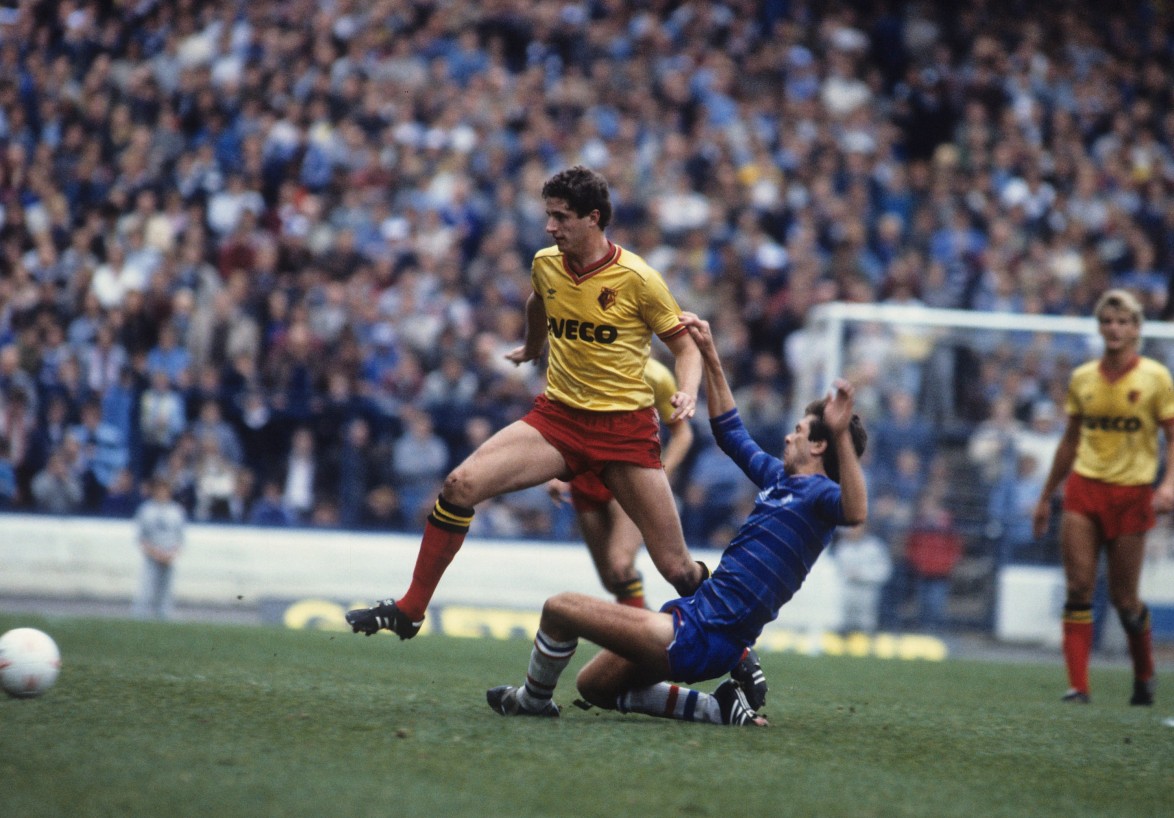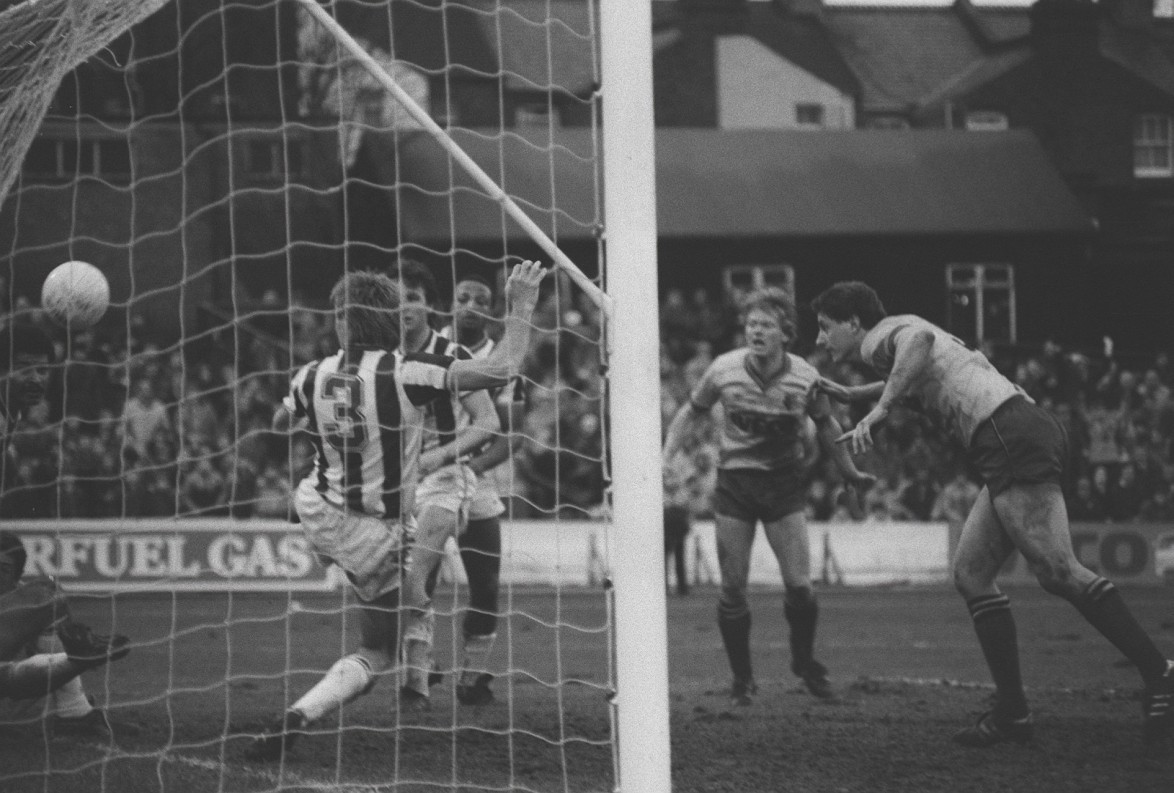
Scott Duxbury said in a recent club interview he was eager to get back to “our DNA”. The Chairman & CEO was referring to the team's style of play around Christmas time, but his words are also easily applicable and transferrable to the appointment of the club’s new Academy Head of Technical Development.
It would be hard to think of someone who understands the club’s values, its ethos, its tradition of developing young players and what the youth system means to the fanbase more than Jimmy Gilligan. He didn’t quite write the development manual at Vicarage Road, as that distinction goes to the great Graham Taylor OBE and the venerable Tom Walley, but Gilligan certainty added a few chapters, first as a player, then as part of the Football in the Community scheme and then as Assistant Academy Director. He’s been there, done that and got several t-shirts. The players in the Academy need look no further than the former striker, now 57, when it comes to evidence of just what it takes to be plucked from grassroots football in Hertfordshire and forge a professional career. His son trod the same path at Vicarage Road. When Gillian Snr talks, it's worth listening and listening good.

He speaks from a position of considerable strength having transferred the coaching skills he first developed at Watford to the likes of Nottingham Forest, MK Dons, Stevenage and the Nike Football Academy. He's been headhunted by former England international David Platt, to work at Forest, and Three Lions legend Stuart Pearce, to help scouting with England Under-21s. He has the highest coaching qualification in the game having completed the UEFA Pro License alongside Steven Gerrard and Peter Schmeichel. Not content with enhancing and polishing his own CV, he's played a key central role in developing others in an FA role of National Coach Developer. He is an A License and B License tutor and worked specifically with coaches at Aston Villa, Nottingham Forest, Notts County and Mansfield in developing A License coaches.
His previous roles at a range of clubs and organisations reads like a breathless staff list at a Premier League club. He's been Youth Development Manager, Youth Team Manager, Assistant Academy Director, Reserve Team Manager, Manager, Caretaker Manager, Regional Coach Educator, Technical Director, Assistant Manager, Head of Youth, Head Coach, Lead Professional Development Coach and National Coach Educator.

And this appetite for coaching, the passion for young players and their development can all be traced back to working with Walley, the hard taskmaster from Wales who many have down as the finest producer of youth players the country has ever seen. Walley spotted Gilligan playing at Watford Leisure Centre Woodside as a rangy centre forward. He was playing in an Under-14 county game for Hertfordshire and, even though they lost 5-1, he had done enough to catch Walley's trained eye. Walley moved so fast and so decisively that he managed to get in ahead of Chelsea, the club Gilligan supports. Walley shaped Gilligan's career.
Around three years after signing schoolboy forms, Gilligan was a central part of the club's remarkable FA Youth Cup victory over Manchester United, a two-legged win in 1982 that goes down as arguably the best ever final of the famous youth competition. The Hornets beat Manchester United 3-2 at Old Trafford and then drew 4-4 at Vicarage Road after extra-time, handing Walley's side the trophy with the score 7-6 on aggregate. Gilligan got a goal in both legs, including the 103rd-minute equaliser at Vicarage Road that sealed the tie. It was no mean feat as United fielded Norman Whiteside, Mark Hughes and Clayton Blackmore.
It spoke volumes for the ‘if they are good enough, they are old enough’ philosophy under GT that Gilligan had already played for the first team before he had won the FA Youth Cup, making a goalscoring debut in a cup tie against Aldershot in 1981. GT also wasted no time in sending Gilligan out on a character-building loan, packing him off to Lincoln City as a teenager.

The short move didn’t work out, but it was all part of GT's masterplan, all part of Gilligan’s development and he came back a more rounded individual. He went from not really being able to get a game for Lincoln in the old Division Three (League One in today’s money) to a year later getting the ultimate show of faith by GT who started him in the club’s first ever European tie, a UEFA Cup match away at Kaiserslautern. His justification in picking the 19-year-old against German greats Andreas Brehme, Thomas Alloffs and Hans-Peter Briegel was vindicated when Gilligan scored after 19 minutes. He has the distinction of scoring the club’s first ever goal in Europe. It came in a 3-1 defeat, but the goal set things up beautifully for the second leg which the Hornets won 3-0 at a jumping Vicarage Road in one of the great nights in the club’s history. He got another two rounds later in the defeat to Sparta Prague.
Gilligan never went on to have the career at Vicarage Road you would expect after netting two goals in Europe, but it gave him a great platform and his very respectable career at Grimsby Town, Swindon Town, Newport County, Cardiff City, Portsmouth and Swansea City demonstrates even if the club doesn’t create players for itself, it creates players who go on to have a career. Now Gilligan has come full circle and is back where it all started.






















